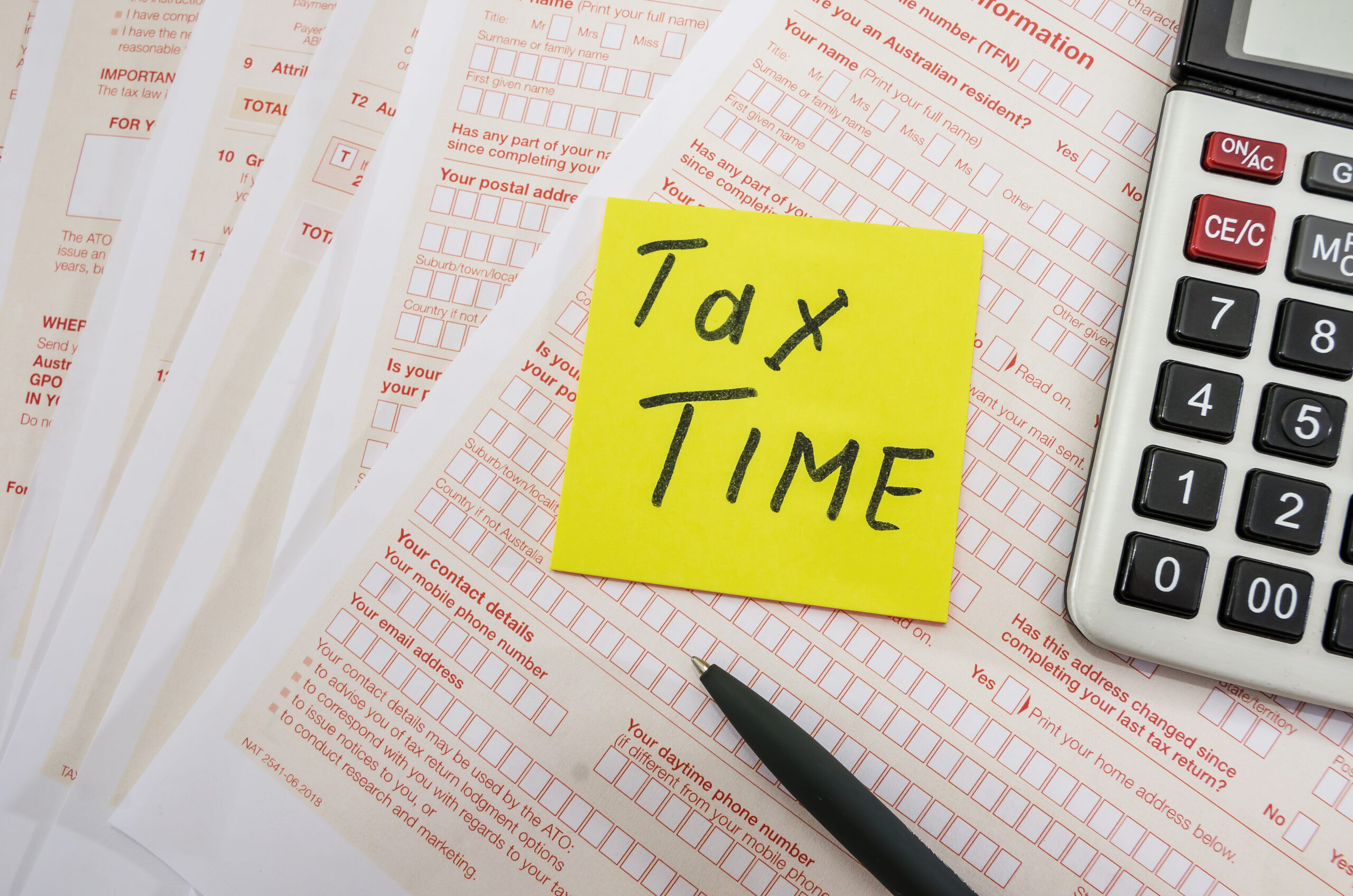FAQs About Mortgages in Australia: Everything You Need to Know
If you’re considering buying a home or investment property in Australia, chances are you have plenty of questions about mortgages. As a finance broker, I frequently encounter queries from first-home buyers, investors, and refinancers. Below, I’ve compiled answers to the most common mortgage-related questions to help guide you through the process.
1. What is a Mortgage?
A mortgage is a loan used to purchase property. The lender provides funds upfront, and the borrower repays the loan over time, typically with interest. The property serves as security for the loan, meaning the lender can take possession if repayments are not met.
2. How Much Can I Borrow?
Your borrowing power depends on various factors, including your income, expenses, existing debts, credit history, and the lender’s policies. Most banks and lenders use a debt-to-income ratio to assess affordability. You can use an online mortgage calculator or speak to a broker to get a more accurate estimate.
3. What is LVR (Loan-to-Value Ratio)?
LVR is the percentage of the property’s value that you borrow. For example, if you buy a $500,000 home and borrow $400,000, your LVR is 80%. Generally, lenders require borrowers with an LVR above 80% to pay Lender’s Mortgage Insurance (LMI), which protects the lender in case of default.
4. What is Lender’s Mortgage Insurance (LMI)?
LMI is a one-off fee charged when your deposit is less than 20% of the property’s value. It doesn’t protect you as the borrower but covers the lender if you default on your loan. The cost varies depending on your loan amount and LVR.
5. What Types of Home Loans Are Available?
There are several mortgage types, including:
- Variable Rate Loans: Interest rates fluctuate based on market conditions.
- Fixed Rate Loans: Interest rates are locked in for a set period (usually 1-5 years).
- Split Loans: Part of the loan is fixed, and part is variable.
- Interest-Only Loans: You pay only the interest for a set period, then start repaying the principal.
- Offset Accounts and Redraw Facilities: Features that can help reduce interest payments.
6. What is a Pre-Approval?
A pre-approval (or conditional approval) is when a lender assesses your finances and confirms how much you can borrow before you buy a property. It gives you confidence when house-hunting and can strengthen your offer to sellers.
7. What is the First Home Owner Grant (FHOG)?
The FHOG is a government initiative designed to help first-time buyers enter the market. The grant amount and eligibility criteria vary by state and territory. Some states also offer stamp duty concessions.
8. What are Stamp Duty Costs?
Stamp duty is a tax paid on property purchases and varies by state. It’s calculated based on the property’s value, and concessions may be available for first-home buyers. You can use an online stamp duty calculator to estimate costs.
9. How Do Interest Rates Affect My Mortgage?
Interest rates impact the cost of borrowing. Higher rates mean higher repayments, while lower rates reduce costs. The Reserve Bank of Australia (RBA) sets the official cash rate, influencing lenders’ rates.
10. What’s the Difference Between Principal & Interest vs Interest-Only Loans?
- Principal & Interest Loans: You repay both the loan amount (principal) and interest, reducing your debt over time.
- Interest-Only Loans: You only pay interest for a fixed period, which can keep repayments lower initially but won’t reduce your loan balance.
11. How Can I Pay Off My Mortgage Faster?
Some strategies to reduce your loan term and interest payments include:
- Making extra repayments
- Using an offset account
- Refinancing to a lower interest rate
- Paying fortnightly instead of monthly
12. What is Refinancing and When Should I Do It?
Refinancing involves switching to a new lender or loan to get a better interest rate, access equity, or improve loan features. It’s worth considering if:
- Interest rates have dropped
- You want to consolidate debt
- Your financial situation has changed
13. Can I Get a Home Loan with Bad Credit?
It’s possible, but options may be limited. Some lenders offer specialist loans for borrowers with credit issues, though interest rates may be higher. Improving your credit score and reducing debt can boost your chances.
14. Do I Need a Mortgage Broker?
A mortgage broker can help you find the best loan for your situation, compare lenders, and guide you through the application process. Brokers have access to multiple lenders and can often negotiate better deals than going directly to a bank.
15. What Happens if I Can’t Make My Repayments?
If you’re struggling with repayments, contact your lender immediately. Many lenders offer hardship assistance, such as repayment pauses or loan modifications. Ignoring the issue can lead to penalties or foreclosure.
Conclusion
Understanding mortgages is crucial for making informed financial decisions. Whether you’re buying your first home, upgrading, or refinancing, seeking professional advice can help you navigate the complexities of home loans. If you have any specific questions, feel free to reach out—I’m here to help!
Want to catch up with Steve to understand your options? Click here.
Time to get your tax up to date? Speak to The Accountants here.





